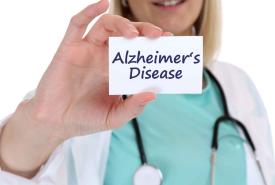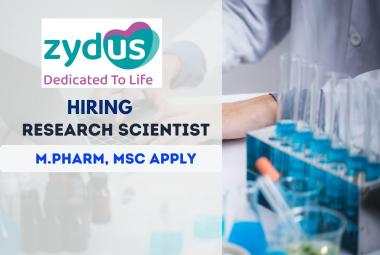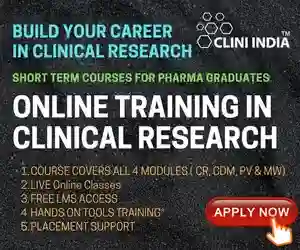In vivo Iron-Based Coordination Assembly for Disease Diagnosis and Treatment
Advances inin vivoiron-based coordination assembly have enabled the simultaneous detection and treatment of iron-overload disorders. Specific interactions between local FeIIIand organic ligands (e.g., indocyanine green and lecithin) facilitate magnetic resonance imaging with enhanced sensitivity and photoacoustic imaging with high contrast, thus overcoming the longstanding limitations of traditional iron quantification approaches.





















.png)


